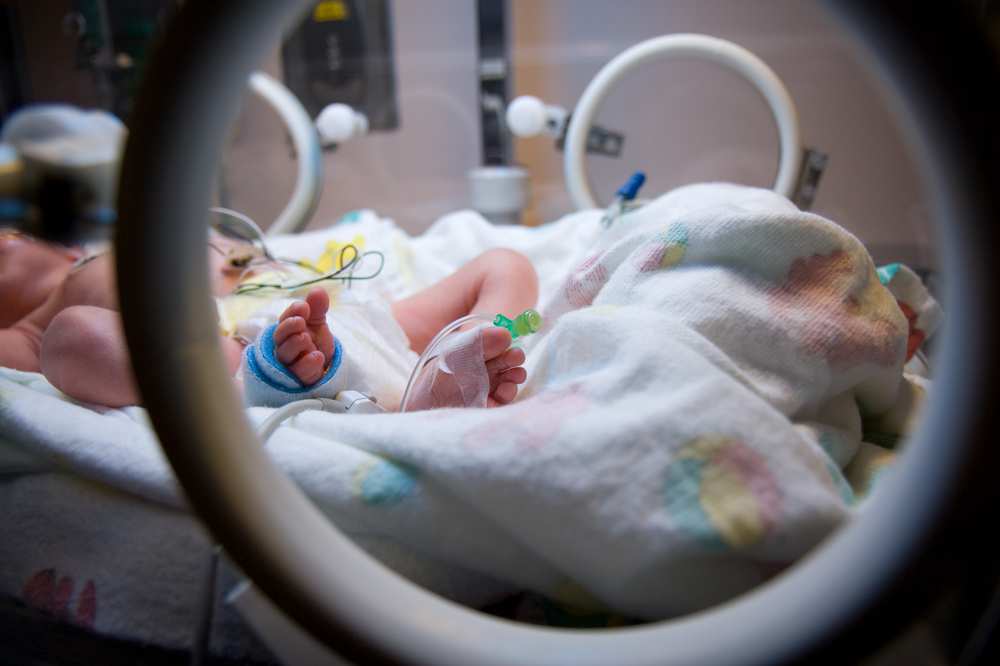 Source: bing.com
Source: bing.comTable of Contents
Introduction
Welcoming a new baby into the world is a joyous occasion. However, when a baby is born prematurely, it can be a scary and uncertain time. One of the biggest concerns for parents of premature babies is whether or not their child will develop normally. Parents may worry that their baby will be delayed in reaching important milestones such as walking, talking, and cognitive development. In this article, we will explore whether or not premature babies develop late and what parents can do to support their child’s development.
What is Premature Birth?
Premature birth is defined as a birth that occurs before 37 weeks of pregnancy. According to the Centers for Disease Control and Prevention (CDC), about 1 in 10 babies in the United States is born prematurely. Premature babies may be born with underdeveloped organs and may require medical intervention to survive. The earlier the baby is born, the higher the risk of complications.
Do Premature Babies Develop Late?
One of the biggest concerns for parents of premature babies is whether or not their child will develop normally. While premature babies may be at a higher risk for developmental delays, it is important to note that not all premature babies will experience delays. In fact, many premature babies go on to develop normally and reach important milestones on time.It is important to note that premature babies may be delayed in reaching milestones compared to full-term babies. However, this delay is often temporary and does not necessarily mean that the child will have long-term developmental delays. Parents should work closely with their child’s pediatrician to monitor their development and address any concerns early on.
Factors that Affect Development
There are several factors that can affect a premature baby’s development. These include:
- Birth weight: Premature babies who are born with a low birth weight may be at a higher risk for developmental delays.
- Gestational age: The earlier the baby is born, the higher the risk of complications and developmental delays.
- Medical complications: Premature babies may experience medical complications such as respiratory distress syndrome, jaundice, and infections, which can impact their development.
- Environment: The home environment and quality of care the baby receives can also impact their development.
How to Support Your Premature Baby’s Development
As a parent of a premature baby, there are several things you can do to support your child’s development. These include:
- Attend regular check-ups with your child’s pediatrician: Regular check-ups can help identify any developmental delays early on.
- Provide a nurturing home environment: Providing a safe and nurturing home environment can help support your child’s development.
- Participate in early intervention services: Early intervention services such as physical therapy, occupational therapy, and speech therapy can help address any developmental delays.
- Encourage playtime: Playtime is an important part of early childhood development. Encouraging your child to play can help support their cognitive, social, and emotional development.
- Connect with other parents of premature babies: Connecting with other parents of premature babies can provide valuable support and resources.
Conclusion
While premature babies may be at a higher risk for developmental delays, not all premature babies will experience delays. Factors such as birth weight, gestational age, medical complications, and environment can all impact a premature baby’s development. As a parent, there are several things you can do to support your child’s development, including attending regular check-ups, providing a nurturing home environment, participating in early intervention services, encouraging playtime, and connecting with other parents of premature babies.
Frequently Asked Questions
What is considered a premature birth?
Premature birth is defined as a birth that occurs before 37 weeks of pregnancy.
What are the risks of premature birth?
Premature babies may be born with underdeveloped organs and may require medical intervention to survive. The earlier the baby is born, the higher the risk of complications.
Do all premature babies experience developmental delays?
No, not all premature babies will experience developmental delays. While premature babies may be at a higher risk for delays, many premature babies go on to develop normally and reach important milestones on time.
How can parents support their premature baby’s development?
Parents can support their premature baby’s development by attending regular check-ups, providing a nurturing home environment, participating in early intervention services, encouraging playtime, and connecting with other parents of premature babies.
What are some factors that can affect a premature baby’s development?
Factors that can affect a premature baby’s development include birth weight, gestational age, medical complications, and environment.
